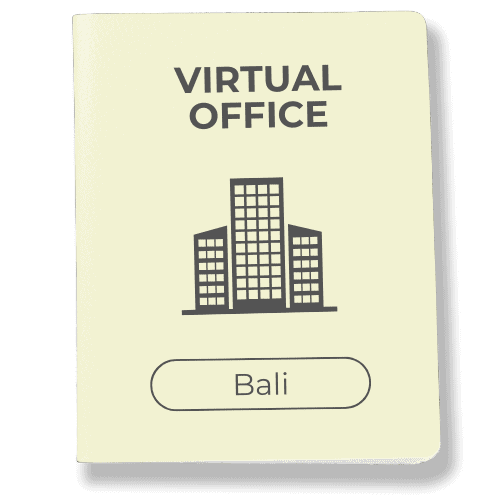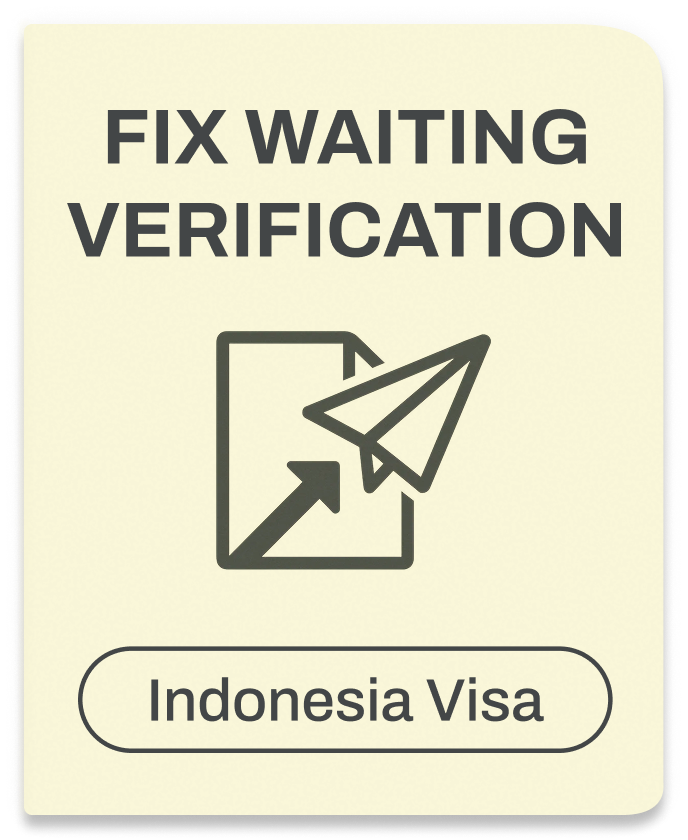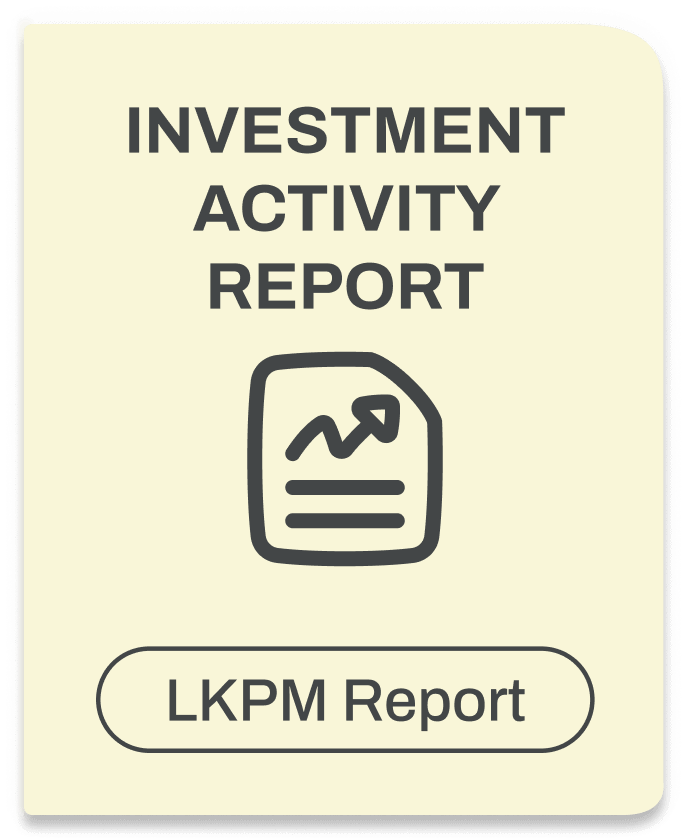Hire Foreign Employees In Indonesia

As Indonesia continues to attract foreign direct investment, more businesses are seeking to hire foreign workers to fill specialized roles and bring international expertise to their teams. However, employing foreign nationals in Indonesia involves navigating a complex landscape of government regulation and legal requirements.
From obtaining the right work permits to ensuring compliance with local labor laws, every step must be carefully managed. For foreign investors and companies looking to succeed in Indonesia, understanding the rules for hiring foreign employees is essential to building a strong, compliant workforce and supporting long-term business operations.
Recent Regulatory Highlights
If you’re planning to hire foreign employees in Indonesia, staying updated on the latest rules is a must. Over the last few years, the Indonesian government has introduced several new regulations that make the process more structured, and in some ways, easier, if you follow the right steps. Each new law is supported by at least one implementing regulation, which provides detailed procedures for compliance.
Here’s what you need to know:
1. Omnibus Law & Job Creation Law (2020)
The Job Creation Law, also known as the Omnibus Law, was introduced to simplify hiring and investing in Indonesia. It trims down overlapping rules and aims to make things faster for businesses, especially foreign-owned companies and investors. This law made it easier to get work permits, cut red tape, and supported job creation through foreign talent.
2. Government Regulation No. 34 of 2021
The Indonesia’s Government Regulation No. 34 of 2021 focuses on the use of foreign workers (known locally as TKA). It explains:
- Which roles can be filled by foreign nationals
- How companies must prepare a Foreign Worker Utilization Plan (RPTKA)
- The obligation to train Indonesian workers alongside foreign ones
This is the main regulation you’ll deal with when hiring foreigners legally.
3. Ministerial Regulation No. 8 of 2021
This regulation made most of the application process online, through the Ministry of Manpower’s TKA Online platform. It speeds up things like submitting the RPTKA and getting your IMTA (work permit approval). No more waiting in long lines or mailing paper forms.
4. Government Regulation No. 40 of 2023
This new regulation No. 40 of 2023 update strengthens digital processing and supports foreign investment professionals and high-skill foreign employees. It also touches on visa types and aligns with changes to the limited stay permit (KITAS) to match modern business needs.
5. Permenkumham No. 29 of 2021
Issued by the Ministry of Law and Human Rights, Permenkumham No. 29 of 2021 covers immigration permits and visa categories, especially for those applying for a limited stay visa to work or invest in Indonesia. It helps define who qualifies, how long they can stay, and how to renew.
Who Can Hire & When
Not every company in Indonesia can hire foreign workers. Under Indonesian law, only certain legal entities and business entities are permitted to hire foreign employees. The government has set clear rules about who’s allowed to do it and when it’s appropriate. Let’s break it down in simple terms.
1. Only Certain Companies Can Hire Foreigners
To legally employ a foreign worker in Indonesia, your business must be one of the following:
- PT PMA (Foreign-Owned Companies)
These are companies partly or fully owned by foreign investors. They are the most common type allowed to hire foreign nationals. - Representative Offices
Foreign companies that have a branch or office in Indonesia (but don’t directly generate income) can hire foreign staff in certain roles, usually at the executive or advisory level. - International Organizations and Nonprofits
Some nonprofits and international bodies with legal standing in Indonesia may also hire foreigners for specific programs.
So, if you’re just starting a small local business (like a regular PT), you can’t hire foreign employees unless you upgrade your business license or restructure as a PT PMA.
2. What Kind of Jobs Can Be Given to Foreign Workers?
Indonesia doesn’t allow just any job to be filled by a foreigner. The position must require special skills, usually something that can’t easily be found in the local workforce. Indonesian regulations specify a list of job positions that are eligible to be filled by foreign workers.
Allowed roles typically include:
- Directors, commissioners, and senior managers
- Engineers, tech experts, and consultants
- Teachers in international schools or universities
- Specialized jobs in energy, mining, manufacturing, and digital sectors
But roles like receptionist, cashier, admin assistant, or HR staff are strictly for local workers only.
3. Timing Matters, Too
You can’t just hire a foreign worker overnight. Before hiring, your company needs to:
- Get approval for a Foreign Worker Utilization Plan (RPTKA)
- Make sure the role fits the approved job list
- Ensure there’s a plan to train local employees alongside the foreign hire
There’s also a priority system: companies should always try to hire Indonesian workers first. Foreign hires are allowed only when there’s a real need.
Step-by-Step Hiring Process

Hiring employees from overseas in Indonesia involves clear steps and requires strict adherence to Indonesian procedures and regulations to ensure compliance throughout the hiring process.
Quick Cost & Timeline (August 2025)
| Requirement | Government Fee / Contribution | Approx. USD* | Typical Processing Time** | Key Notes |
| RPTKA Approval & DKP‑TKA payment | DKP‑TKA = USD 100 per month of assignment (paid in IDR at BI mid‑rate) | Example 6 mo ≈ USD 600 | 3–5 working days (Manpower) | RPTKA itself is free; pay DKP‑TKA before approval |
| e‑VITAS / e‑KITAS – Category I (up to 6 months) | IDR 5,250,000 | ≈ USD 340 | 2–3 working days | Fee covers visa issuance & ITAS sticker |
| e‑VITAS / e‑KITAS – Category II (up to 12 months) | IDR 7,350,000 | ≈ USD 476 | 2–3 working days | , |
| e‑VITAS / e‑KITAS – Category III (up to 24 months) | IDR 9,500,000 | ≈ USD 615 | 2–3 working days | , |
| NPWP (Tax Number) | No fee | , | Same‑day (online) | Expat validates NPWP online after KITAS issued |
| BPJS Ketenagakerjaan & Kesehatan (if stay > 6 mo) | Employer + employee monthly contributions | Varies | 3–5 working days | Private insurance allowed for ≤ 6 mo assignments |
*USD equivalents calculated at IDR 15,450 = USD 1 (August 2025).
*Processing times are indicative and assume complete documents.
Step 1: Prepare Your Foreign Worker Utilization Plan (RPTKA)
First, your company must create an RPTKA. The RPTKA is a crucial document required for the legal penggunaan tenaga kerja asing (use of foreign labor) in Indonesia. Think of this as a detailed plan explaining why you need a foreign worker and the exact job they’ll do. You’ll submit this plan online through the Ministry of Manpower’s website.
Here’s a list of documents you’ll typically need to prepare:
- Business license (NIB)
- Company deed and amendments
- Organizational chart
- Draft employment contract
- Education certificates and work experience of the foreign worker
- Training plan for an Indonesian colleague who will be mentored or upskilled
Step 2: Get Approval for Your RPTKA
After submission, the Ministry reviews your plan. They’ll check if you’re hiring for roles allowed for foreign employees and ensure you have a clear training plan for your Indonesian workers. Approval usually takes between 5–15 working days.
Note: Certain categories, like shareholders who are directors or commissioners with investment of at least USD 1 million, are exempt from the RPTKA requirement.
Step 3: Obtain the Foreign Worker Notification (Notifikasi)
With an approved RPTKA, the next step is to apply for the Foreign Worker Notification, also known as Notifikasi, which has replaced the old IMTA system under MOM Regulation No. 10/2018 and Government Regulation No. 34/2021.
At this stage, your company must pay the Compensation Fund for Foreign Workers (DKP-TKA), which is USD 100 per month per foreign employee. This compensation is paid into a government development fund to support workforce development in Indonesia. Once payment is confirmed, the notification becomes active.
Processing usually takes 3–7 business days.
Step 4: Visa (e‑VITAS) and Limited Stay Permit (KITAS)
Once your RPTKA is approved and the DKP-TKA fee is paid, Immigration will issue the e-VITAS approval. For most nationalities, you won’t need to visit an Indonesian embassy or consulate anymore. The approval letter will be emailed to you as a PDF.
All your foreign employee has to do is print the PDF, bring it along when they fly to Indonesia, and present it at the immigration counter upon arrival. Immigration will place a visa sticker in their passport, and from that moment, they can legally stay and work in Indonesia.
Only a small group of “restricted” nationalities still need to pick up the visa at an embassy before traveling. If this applies to your worker, Immigration will mark the file “Telex-Embassy” and let you know which location they must visit.
Step 5: Provide a Sponsorship & Guarantee Letter
Employers must submit a Sponsorship and Guarantee Letter on company letterhead. This letter shows the company’s responsibility for the foreign employee while they are in Indonesia.
The letter should include:
- A statement of sponsorship and responsibility for the employee’s legal compliance
- The foreign employee’s personal and job details
- The foreign employee’s employment status
- A commitment to cover repatriation costs if necessary
- A copy of the company director’s ID and signature
Note: Bank deposits are only required for certain visa types, like the Second-Home Visa. For standard work KITAS, the guarantee is usually in the form of this letter: The foreign employee must provide an immigration guarantee.
Step 6: Social Security (BPJS) and Tax Identification (NPWP)
Once your foreign employee has a KITAS, it’s mandatory to register them for Indonesia’s social security programs, BPJS Ketenagakerjaan (employment) and BPJS Kesehatan (healthcare).
You should also apply for a Tax Identification Number (NPWP) if the foreign worker stays more than 183 days in Indonesia or earns income from Indonesian sources. That said, it’s smart to get the NPWP early to avoid payroll and compliance issues.
This step helps keep your company fully legal and protects your workers under Indonesian labor and tax law.
Employers must also fulfill reporting obligations by submitting regular reports on foreign employee registration and compliance to the relevant authorities.
Employment Contracts

When hiring foreign employees in Indonesia, it is essential to draft employment contracts that fully comply with Indonesian labor laws. The employment contract should clearly outline the job description, salary, benefits, working hours, and terms of termination.
Most foreign workers are employed under a fixed-term employment contract, which can be extended or renewed in accordance with local regulations. Employers must ensure that the employment contract is legally binding and protects the interests of both the company and the foreign employee.
Additionally, all employment contracts for foreign workers must be registered with the relevant authorities to ensure compliance with labor laws and to avoid potential legal consequences. By taking these steps, employers can safeguard their business and provide clarity for employees in Indonesia.
Onboarding Foreign Employees
Successfully onboarding foreign employees in Indonesia requires careful attention to both legal requirements and cultural integration. Employers must verify that all foreign workers have valid work permits and visas before they begin employment. The onboarding process should also include a thorough orientation to Indonesian workplace culture, company policies, and local regulations.
Training sessions can help foreign employees adapt quickly and understand their roles within the team. Employers are responsible for ensuring compliance with Indonesian labor laws, including proper registration for social security and adherence to payroll processes. By providing a structured onboarding program, companies can help foreign employees feel welcome, reduce the risk of compliance issues, and set the stage for a productive working relationship.
Payroll and Taxes

Managing payroll and taxes for foreign employees in Indonesia involves strict adherence to local regulations. Employers must withhold and remit income tax on behalf of foreign workers, as well as make the required social security contributions. Indonesian labor laws also require compliance with rules regarding minimum wage, working hours, and termination benefits for all employees, including foreign nationals.
Navigating these requirements can be complex, especially for businesses new to the Indonesian market. Many companies choose to outsource payroll and tax administration to ensure accuracy and compliance with all relevant laws. By doing so, employers can focus on their core business while minimizing the risk of penalties and ensuring that their foreign employees are paid correctly and on time.
Employee Benefits
Providing competitive employee benefits is key to attracting and retaining top foreign talent in Indonesia. Employers are required by law to offer certain benefits to foreign employees, such as social security and health insurance coverage. Depending on the employment contract and company policy, additional benefits may include housing allowances, education support, relocation assistance, and other perks designed to support foreign workers and their families.
A comprehensive benefits package not only helps foreign employees feel valued but also ensures compliance with Indonesian labor laws and work permit requirements. By investing in employee benefits, companies can boost job satisfaction, improve retention, and build a positive reputation as an employer of choice for both local and foreign workers in Indonesia.
Best Practices & Common Pitfalls

Hiring foreign workers in Indonesia can go smoothly if you know what to watch out for. Employers should regularly monitor updates to manpower regulation to ensure ongoing compliance with Indonesian employment law. These best practices will save you time, money, and frustration.
✅ Best Practices
- Start Early
Begin the RPTKA process at least 1–2 months before your target hire date. Government approvals can take longer during holidays or peak times. - Use the TKA Online System
Submit everything through the official TKA Online portal. It’s faster and more organized than doing things manually. - Double-Check Job Eligibility
Make sure the position you’re hiring for is on the approved list for foreign workers. Unapproved roles will get rejected during the RPTKA review. - Get Support from a Licensed Agent or Legal Advisor
Immigration rules change often. A trusted partner can help you stay compliant and avoid delays. - Document Everything
Keep soft copies of every submission, approval, and receipt. You’ll need them for renewals, audits, and reporting. - Train Your Local Team
Include a clear plan for knowledge transfer in your RPTKA. This shows your commitment to growing local talent, and keeps you compliant.
⚠️ Common Pitfalls to Avoid
- Illegal Contracting or Secondment
Outsourcing a foreign worker through an unlicensed third party might seem easier, but it often leads to heavy penalties. - Ignoring Exit Planning
Failing to plan for visa expiries or contract end dates can trap employers and employees in costly compliance issues. - Contract Renewal Pitfalls
Failing to manage contract renewals properly can result in a fixed-term contract being converted to a permanent employment contract under Indonesian law. - Overlooking Housing & Welfare
Skipping even a simple orientation on local housing options or health checks can lead to worker dissatisfaction and reputational damage. - Underestimating Portal Updates
Online immigration systems update often. Skipping new tutorials or platform change-logs can stall your applications. - Neglecting Local Holidays & Labour Rules
Missing local holiday schedules or overtime rules can spark labor disputes and back-pay claims.
Ready to Apply or Extend Your Visa?
Let our visa specialists handle your application.



















